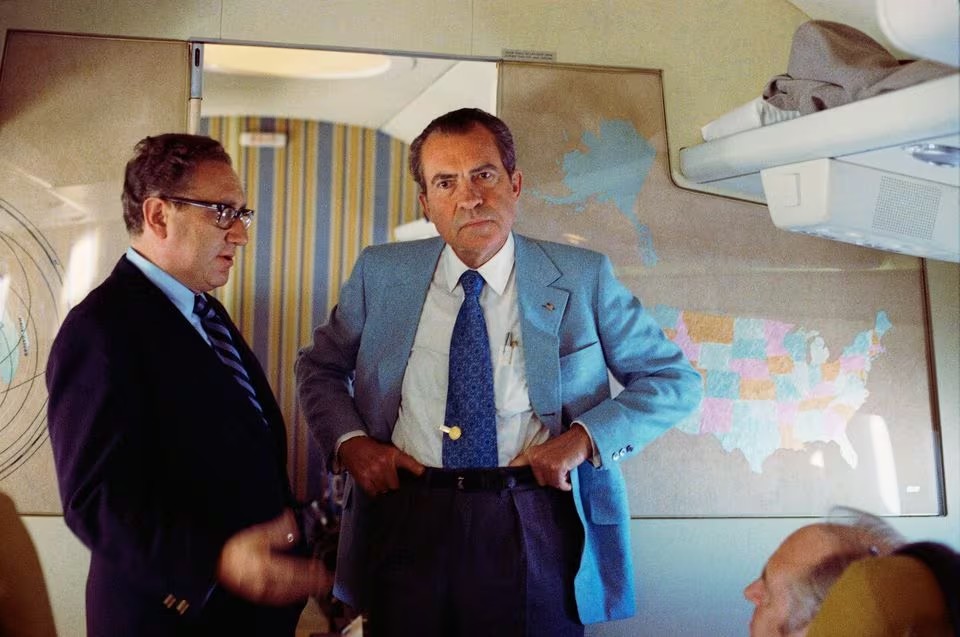
Renowned diplomat and contentious figure, Henry Kissinger dies at 100
Henry Kissinger, the German-born Jewish refugee who came to wield significant influence upon U.S. foreign policy during the volatile years of the Cold War, passed away at his Connecticut home this Wednesday, aged 100. Kissinger’s diplomatic efforts during his tenure as national security adviser and secretary of state under two Republican presidents, Richard Nixon and Gerald Ford, granted him a reputation that extended far beyond his controversial Nobel Peace Prize.
A private family service will be held for his interment, followed by a public memorial service in New York City on a date as yet unconfirmed.
Kissinger remained an active participant in political discourse well into his centenary, authoring a book on leadership, testifying before a Senate committee about North Korea’s nuclear threat, and even visiting Beijing in July 2023 to meet with Chinese President Xi Jinping.
Kissinger’s critics often point to his support for anti-communist dictatorships, particularly in Latin America, which has led some to brand him a war criminal. Indeed, his later life saw several nations attempt to arrest or question him regarding past U.S. foreign policy.
His Nobel Peace Prize in 1973, shared with North Vietnam’s Le Duc Tho (who declined it), was among the most contentious in history, prompting the resignation of two Nobel committee members due to the scandal over the secret U.S. bombing of Cambodia.
Kissinger’s complex legacy encompasses aspects of brilliance and broad experience, alongside grave miscalculations and support for morally questionable regimes. Despite this, his influence as a major architect of U.S. foreign policy cannot be denied.
Beyond the landscape of politics, the infamously thin-skinned Kissinger was known for his unique blend of gravitas and charm, having reportedly said that “power” was the ultimate aphrodisiac, and demonstrating a fondness for portraying himself as a lone cowboy hero.
The legacy he leaves behind is as complex as the era he helped shape, and his death will likely reignite debates about his pivotal role in 20th-century history.